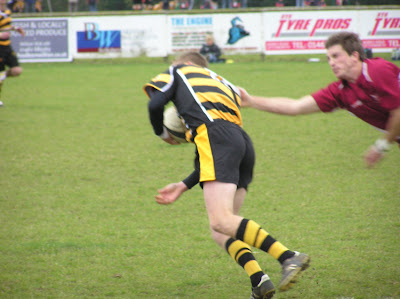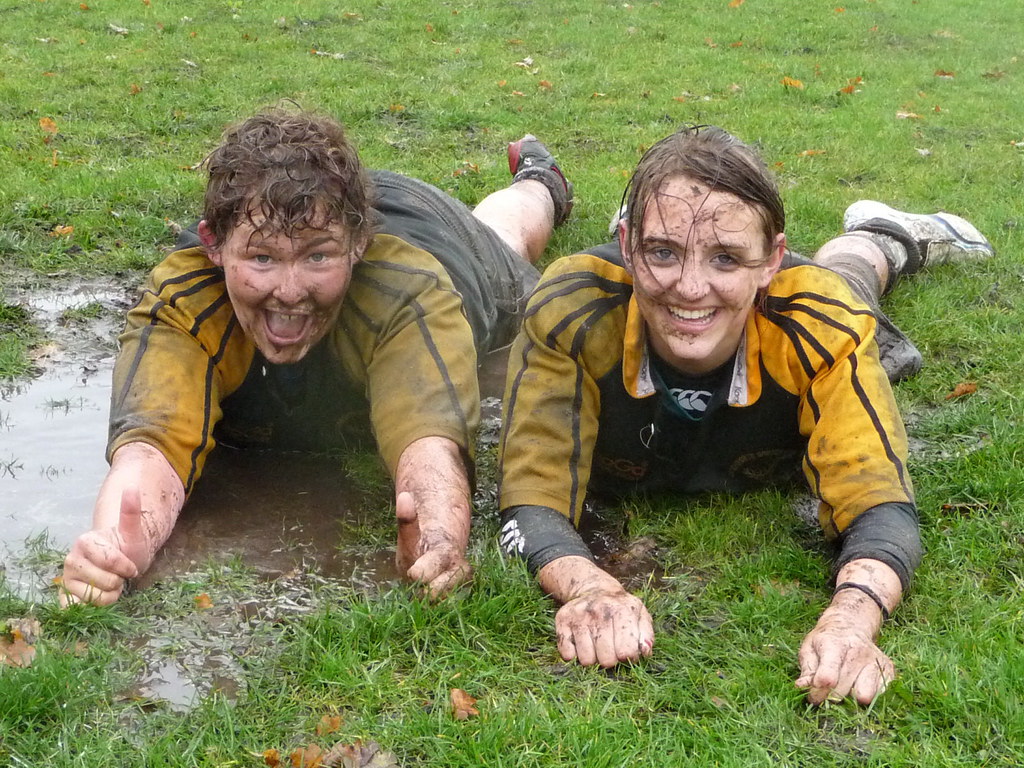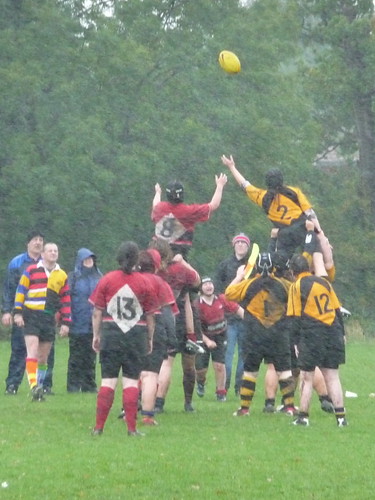The potentially negative effect of clusters and leagues have been covered on here before.
Clusters can be a two edged sword. They can provide girls with a level of rugby which their club cannot offer, but the risk is that - in the chase for silverware - the cluster becomes the club, and as a result loses connection with the localities that it used to draw many of its players from. Clusters can work - as we have seen in Eastern Counties - but it needs a careful hand to ensure that the desire for success does not mean that coaches, girls and parents lose sight of their roots and the next generation of players.
This can be a particular problem if leagues are involved. Leagues can be effective in producing a high level of consistently competitive rugby but, in their traditional form, adhoc combining of teams is impossible - indeed often illegal. Once a player starts with one team they have to stick with it for the whole season.
This can result in the concentration players into larger clubs as smaller teams (perhaps Category B or C sides) may be unable to field a large enough squad consistently enough to take part. New clubs in a league area will also tend face even greater problems as not only can they not compete on the field with more established sides (which would be expected in a first season) but - due to league fixtures - they may find to hard to get onto the field at all as there will be no-one for them to play. In addition clubs on the edge of league areas - even well established clubs - can suddenly find that they also have no-one to play, or that at least their fixture options are drastically reduced. Its a problem that we have faced this season.
But this seemed to be the only way the game could go. Leagues spreading across the country, and clubs combining to create squads large enough to take part - because otherwise they get no games at all.
However, South West (South) region are attempting to break this mold with a league system that is specifically designed to allow for the adhoc weekly "clustering" or combining of smaller teams.
Regional officials have organised a structured round of triangular fixtures for the nine clubs from the three counties (Newquay, Liskeard, Plymouth, Kingsbridge, Tavistock, Exeter, Cullompton, Barnstaple and Taunton). Three teams each match day host two visiting teams at both U18 and U15 level thus ensuring that there are sufficient girls at each venue to organise games. This should give all girls in the region at least 15 matches this season, in addition to regional training/match days, when they are also holding festivals for all non selected girls.
They seem to achieve this by rewarding teams as much for their off-field behaviour and sportsmanship and as their on-field success. Teams can gain (or lose) league points in a number of ways, for instance...
- Willingness to travel (its a long way from Newquay to Taunton!)
- Willingness to lend players
- Not cancelling games (point deductions to hosting team if cancelled)
- Fairplay (team to be nominated by hosting club)
- Welcome received by hosting club
- Encouraging supporters (point deductions for abusive/negative support)
- Respect of officials (opinion sought from referee at each match)
Quite where the result of any game fits in with this I am not sure, but from what is being said it sounds like its quite a success - and, so long as the girls are getting games (and they are), in the end the actual result of any fixture is probably irrelevant anyway. The intention is that the season will be rounded off with a region-wide "Cup Final" or "Festival", so for those who see silverware as important trophies and medals can still be handed around.
It sounds an experiment to watch - and wouldn't it be rather wonderful to have teams competing to be the most welcoming to visitors? A world where a league title could be won or lost based on the best after-match meals, the most comfortable changing rooms, or the warmest showers would be a league well worth experiencing!























 As you can see the girls were still smiling at the end, even if Hayley does look rather surprised .....
As you can see the girls were still smiling at the end, even if Hayley does look rather surprised .....






 As you've probably realised from this last picture, Dave Sharp couldn't be there so Wonky collected the award on his behalf.
As you've probably realised from this last picture, Dave Sharp couldn't be there so Wonky collected the award on his behalf. 










